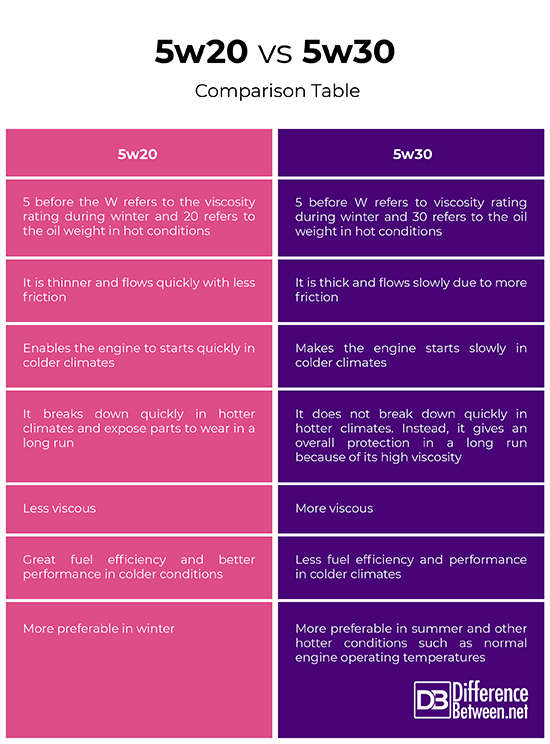In the world of modern vehicles, sensors play a pivotal role in ensuring optimal performance. One such critical component is the crankshaft position sensor. This sensor’s primary function is to monitor the speed (RPM) and the precise position of the engine crankshaft. It then transmits this data to the Engine Control Unit (ECU), which uses it to time the spark and fuel injection in each cylinder.
The Role of the Crankshaft Sensor
The crankshaft sensor is an electromagnetic device that measures the position of the crankshaft’s teeth and its rotational speed. Each pulse it sends corresponds to a tooth on the engine’s reluctor ring. The ECU uses this data to precisely time the spark and fuel injection in each cylinder. Simultaneously, the signal from the crankshaft position sensor also monitors if any of the cylinders are misfiring and transmits that data to the ECU.
Impact of a Faulty Crankshaft Sensor
When the crankshaft sensor fails or goes bad, the ECU essentially operates blindly. This lack of accurate data can lead to a wide range of mechanical problems, including issues with the engine’s idling and acceleration behavior.
A faulty crankshaft sensor can cause the ECU to deliver improper fuel and air ratios, resulting in reduced engine performance. If the sensor is not sending the right information, the engine operating system will not be able to synchronize the engine pistons together, resulting in poor acceleration and the inability to maintain speed.
Symptoms of a Bad Crankshaft Sensor
The symptoms of a bad or failing crankshaft sensor might seem intermittent at first and can often be confused with other engine faults. However, the symptoms become more obvious as the crankshaft position sensor continues to fail2. Some of the common symptoms include:
- Check Engine Light: The most common symptom of a bad crankshaft position sensor is a check engine light on your dashboard.
- Excessive Engine Vibrations: If the ECU doesn’t time things correctly due to a faulty sensor, you’re in for a bumpy ride.
- Reduced Engine Performance: A faulty crankshaft position sensor will lead to reduced engine performance.
- Difficulty Starting Your Vehicle: Your car may not start at all if your malfunctioning crankshaft position sensor is very out of sync.
Conclusion
In conclusion, a faulty crankshaft sensor can indeed cause poor acceleration. It’s essential to address this issue promptly to prevent further damage to the vehicle and ensure optimal performance. Regular vehicle maintenance and timely sensor checks can help avoid such problems and ensure a smooth and safe driving experience. Always remember that prevention is always preferable to cure when it comes to car maintenance.
Read More:


